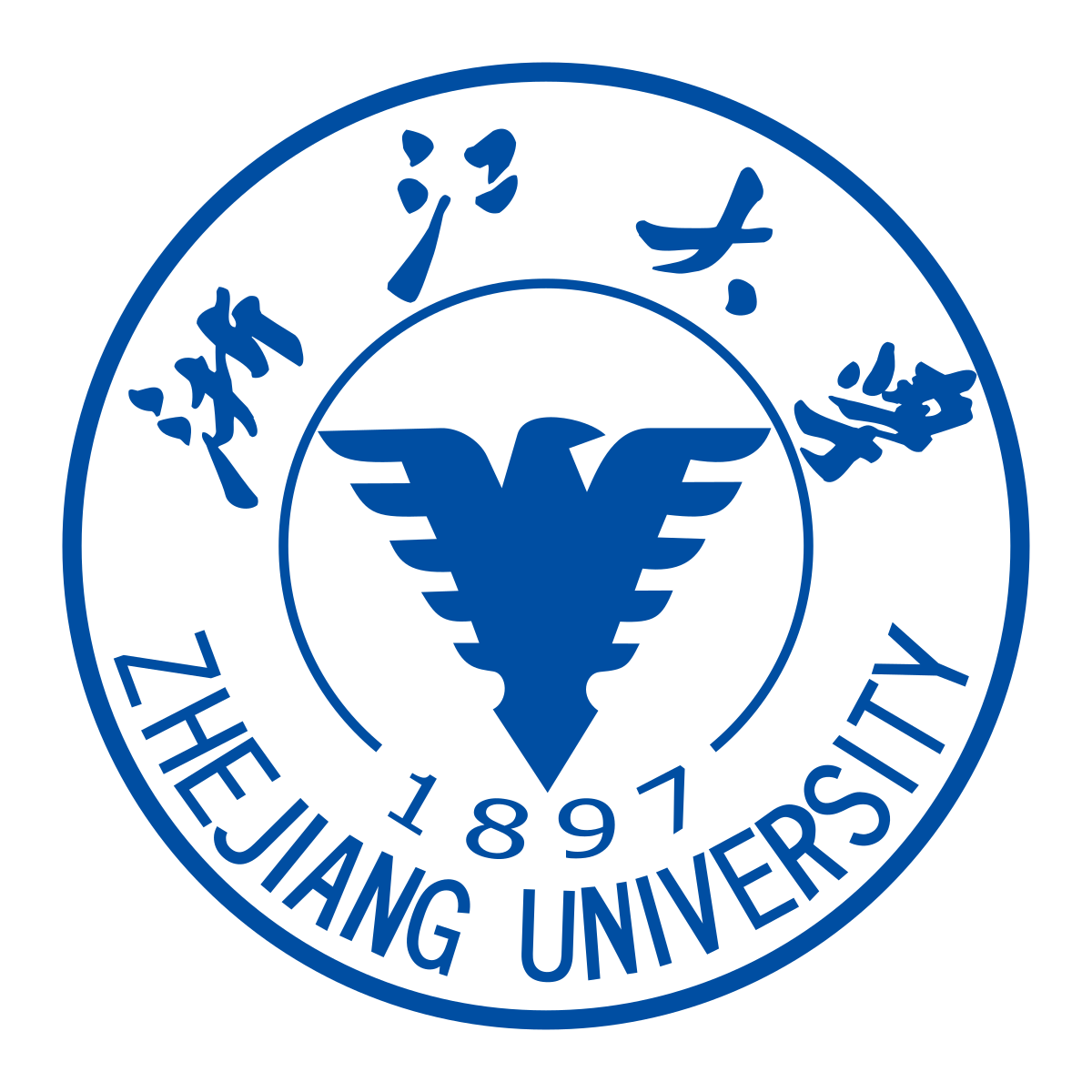Enhancing Rice Yields Sustainably with TOR Signaling
In a study published in Molecular Plant on December 5, 2023, the research team led by Prof. DU Hao from the College of Agriculture and Biotechnology revealed a promising strategy to enhance rice production while conserving water and reducing fertilizer usage. Addressing a significant agriculture challenge, this study focuses on the effects of water-saving treatments (WST) in rice cultivation, which, while environmentally friendly, have led to a substantial reduction in yields and nitrogen use efficiency (NUE). The team discovered that the target of rapamycin (TOR) signaling pathway in rice is compromised under WST. Their research shows that increasing TOR activity could mitigate the yield reduction caused by WST.
By using advanced techniques like polysome profiling-coupled transcriptome sequencing, the researchers observed a substantial reduction in global translation in response to WST associated with the downregulation of TOR activity. They found that enhancing TOR signaling not only alleviates growth constraints under these conditions but also improves the uptake and utilization of ammonium and nitrogen.
This discovery opens the door to developing new rice varieties that can thrive under water-saving conditions without significant yield loss. The study holds great promise for promoting sustainable and efficient rice production, contributing to the development of global low-carbon agriculture.

